Table Talk: Ayaz Khan
If you want an above average culinary experience in Karachi, Okra is the place to go!
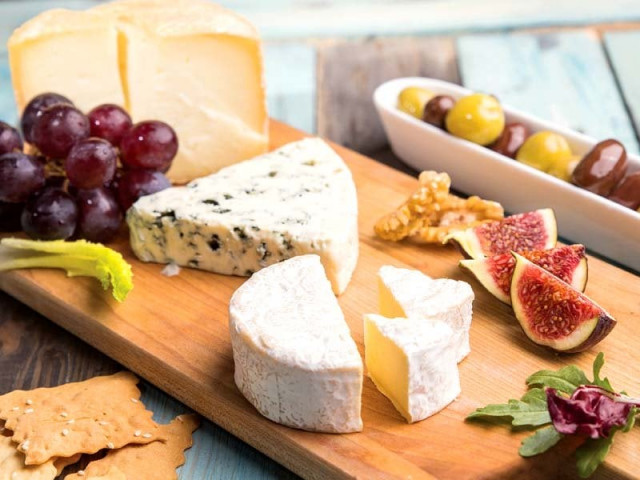
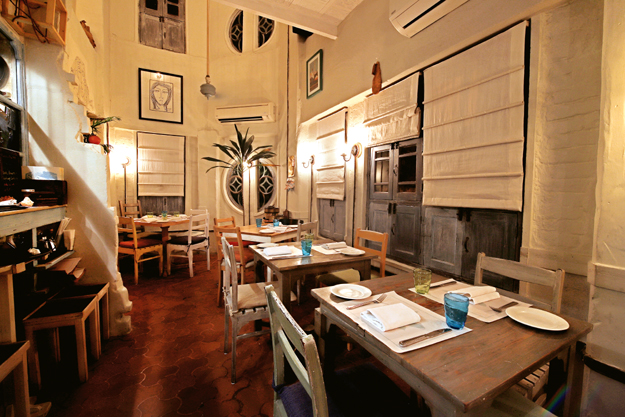
How has Pakistan changed in terms of spending and eating out?
Just for the sake of comparison, when I first opened Okra people didn’t know anything more than hummus – people have travelled so widely now and they’ve developed strong palettes for European food so yes I would say people are much more informed now than they were back in the day. Exposure from travelling and eating abroad has a major role to play in the options people want in terms of food and the knowledge our society now has. I used to work for Sheraton and all these different hotels used to fight for occupancy so the quality of hotel services dropped drastically, which gave rise to the need for new restaurants – this was the time Copper Kettle and Coconut Grove opened. The demand for eating out has been on the rise since then.
What is the process of developing a new menu or new dishes at Okra?
It’s constant, we’re doing it all the time. As a restaurant we have to keep reinventing; at the same time the food and dishes have to be innovative to keep up with our customers’ demands. We travel, we have reference sites that we keep referring to, we have to go and see what’s happening around the world to update ourselves. If you want to stay on top of the market, one has to keep coming up with something new but along with that also retain things that people like on the menu. It takes a lot of experimentation, time and effort so I’d say we are pretty aggressive that way, every two weeks we change things around.
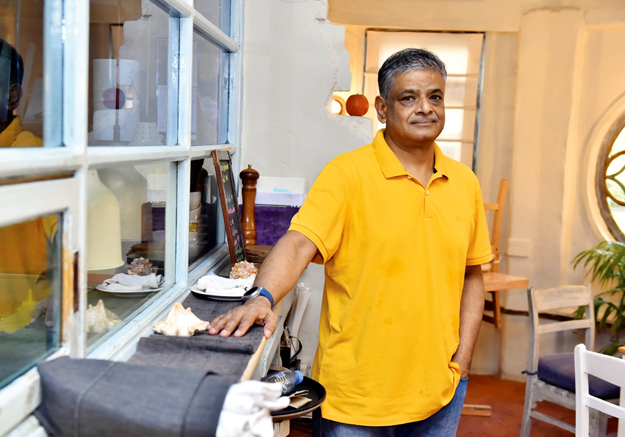
How is Okra’s menu different from what other restaurants are offering?
Whenever anybody opens a restaurant, they should have a vision and plan in place; if they think a certain model is working well for someone else, they think why not replicate it. They’ve diluted the kind of food that I’m serving but we are still doing things differently, we are a notch above for sure. I know how I work, I know how other people work, most restaurants these days are opened as commercial businesses - mine was more ideological, more passion driven. That’s why I’ve kept it small and I’m happy because I’ve been able to maintain our consistent quality.
What inspired you to open Okra?
I had been working for Sheraton for 14 years and I wasn’t able to express myself the way I wanted so I just couldn’t work for someone else anymore. With hotels there’s always a standard procedure one has to stick to, so that resulted in me opening my own restaurant. It was no easy feat; from being in the hotel industry for over a decade, getting my training and even working abroad and then to finally just opening my own business was scary but that’s how it started.
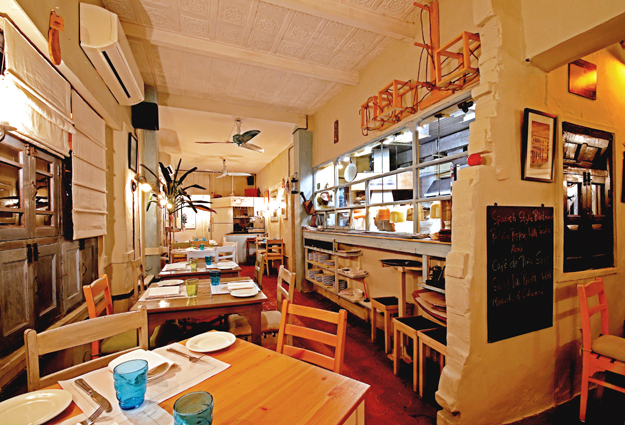
In your opinion what is the difference between Karachi and Lahore in terms of taste and food choice?
The market is big in Lahore - the whole profile of guests eating in Lahore is very different because they eat out five days a week! In Karachi people probably eat out three times a week. I can’t represent the whole market but yes when it comes to serving the niche market, they all quite like the palette of the food I serve. Although a lot of Lahoris are well travelled they haven’t been able to get that taste. There are people with a lot of money who have opened big restaurants with big budgets and gotten foreign chefs but it’s not going to work because there’s nobody behind that with passion; even the chef works for somebody else, he’s not going to produce the same. The main difference is that the staff in Lahore is generally more laid back. In Karachi the nightmare is HR, you have to be after your staff constantly because they change things, I guess it’s like that in any other service industry where even if we have checklists, other checks and balances and whole set of rules - if they’re not motivated they’re not going to work, they’re going to be lazy.
What trends do you see shaping the food and beverage market in 2018?
If I’m not wrong, about six to seven restaurants open every month nowadays. People are opening restaurants because they think the idea of owning one is glamorous but it’s a whole different ball game. I see a lot of restaurants opening but the standard 1/10 make it unfortunately. Whoever has some entrepreneurial knowledge should open small, and then grow. These younger chefs who have gone abroad, they’ve gone to great culinary institutes and they’re coming back and they want to introduce different cuisines and it’s happening! In another two to three years there will be a lot of good restaurants. So more competition is healthy; competition keeps you on your toes!
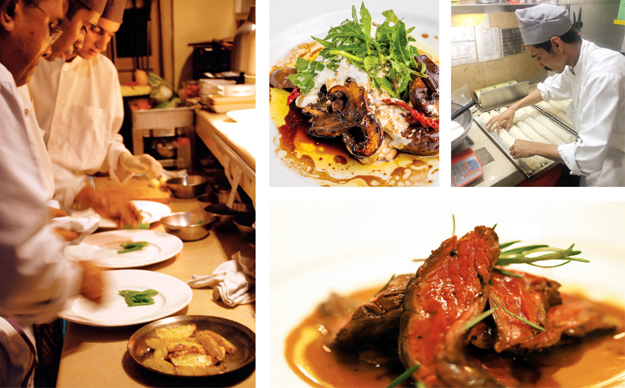
What is the secret of keeping a restaurant sustainable?
Why should I tell you our secret? Haha but no I mean to be persistent you have to physically be there and that is key - people think they can hire a chef and restaurant manager and start a business but no, there’s a certain sequence in opening a restaurant. You can’t jump the whole process even if it’s a recipe, you can’t have a quick way to the end to get money in your pockets; doesn’t work like that. To be able to sustain you have to look at quality steps from the time you receive the product till it’s finished, till you present it to the guest. It requires strict discipline, it involves hygiene and sanitation, it involves very strong restaurant managers - people who are committed. If you have that, then you’re good.
What are some of the challenges of being a restaurateur?
We’re not able to easily increase our prices - people are very price conscious here. Most of the money that comes into restaurants in foreign countries, almost all profits come out of selling liquor. We have that kind of pressure here even though the taxes are now down by 3% which is a good thing.
What continues to motivate or inspire you in coming up with a new idea for your restaurant?
To be able to sustain you have to innovate, people want to see new products; there are people who visit us 3-4 times a week and they want to see something new so that is our biggest motivation. The idea of Okra is to keep it simple; you can’t complicate things because it gets messy.
What is your least favourite culinary trend?
Fast food.
A few words to describe Okra and its meals.
Very basic and simple – fine dining with a twist.
What is in store for Okra in the future?
I’m just waiting for all our young chefs to join the industry after getting their culinary education and training abroad. I can’t keep doing this grueling 10-hour schedule! But watch out for our boulangerie that we will be opening soon next door.



















COMMENTS
Comments are moderated and generally will be posted if they are on-topic and not abusive.
For more information, please see our Comments FAQ